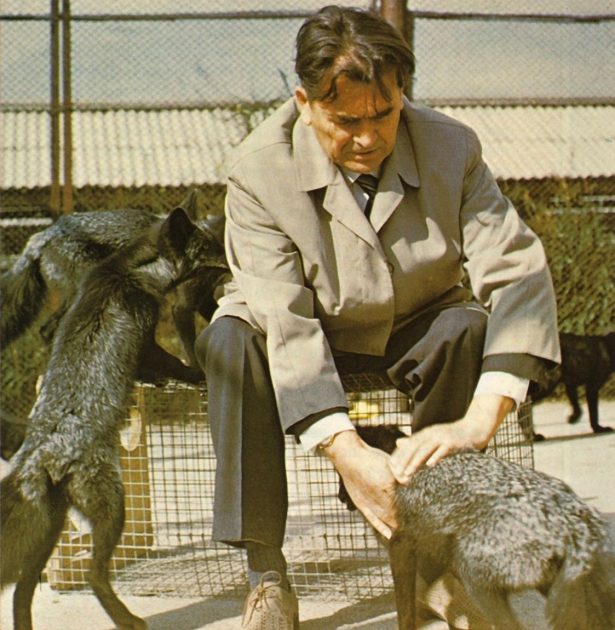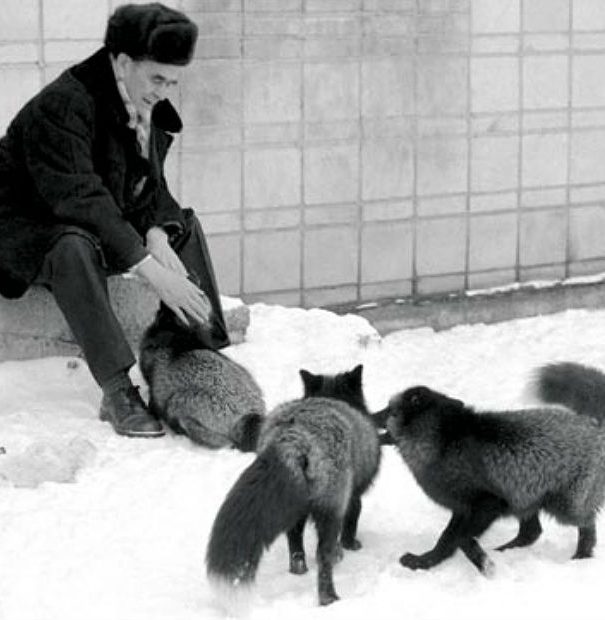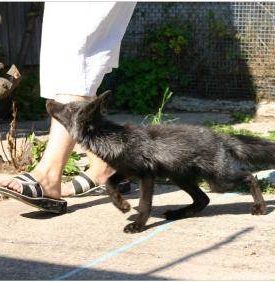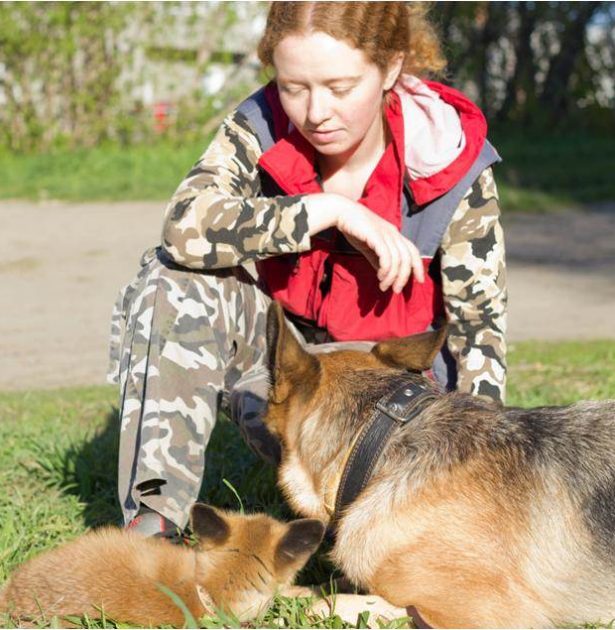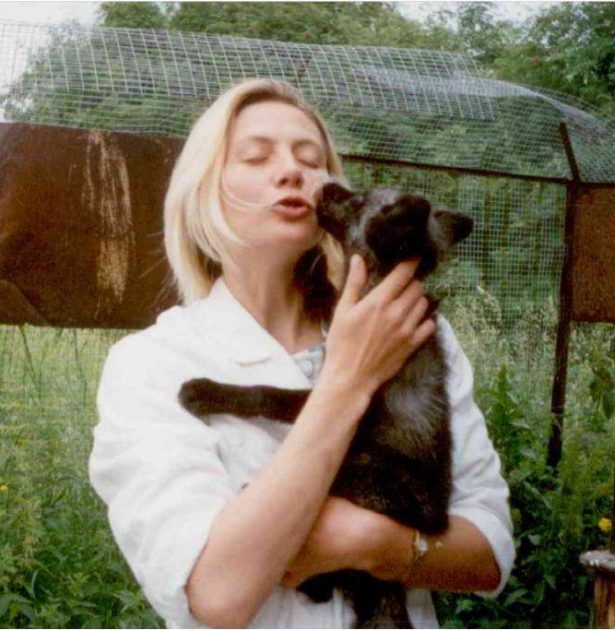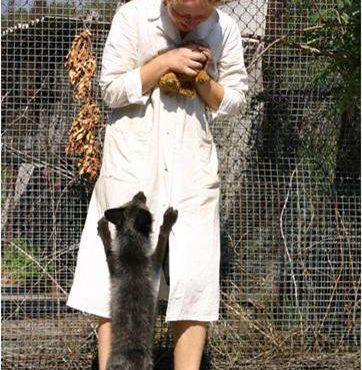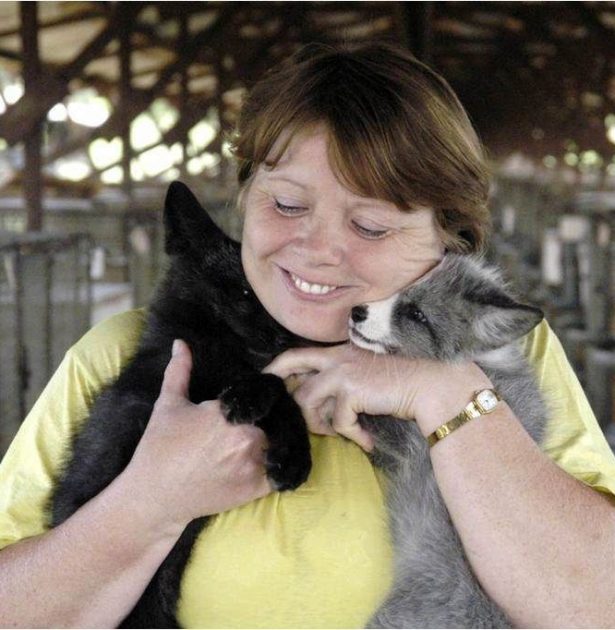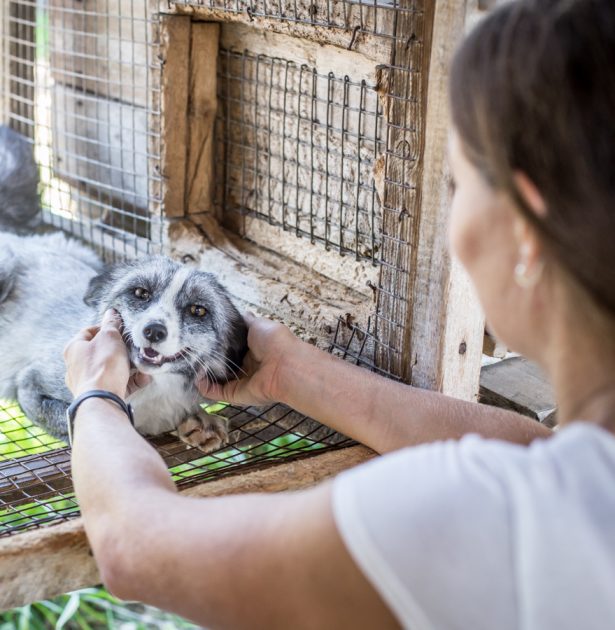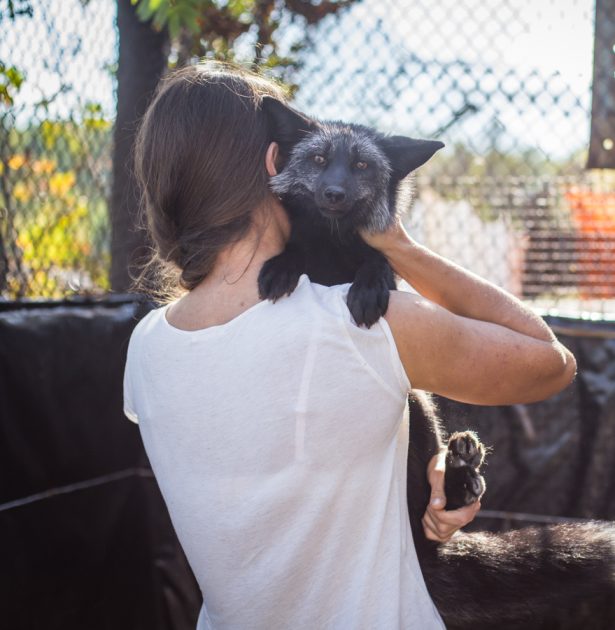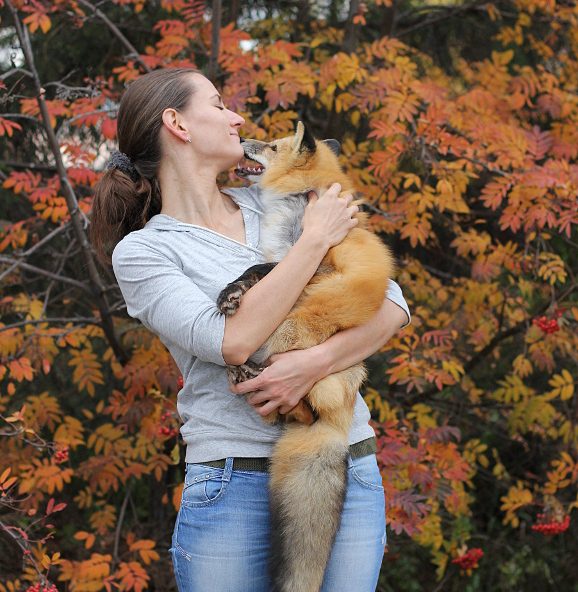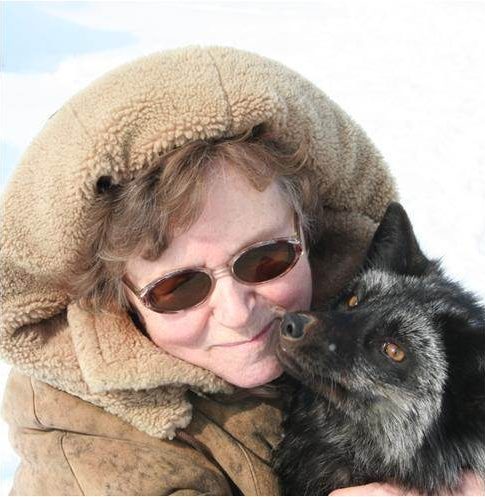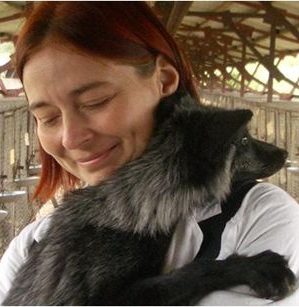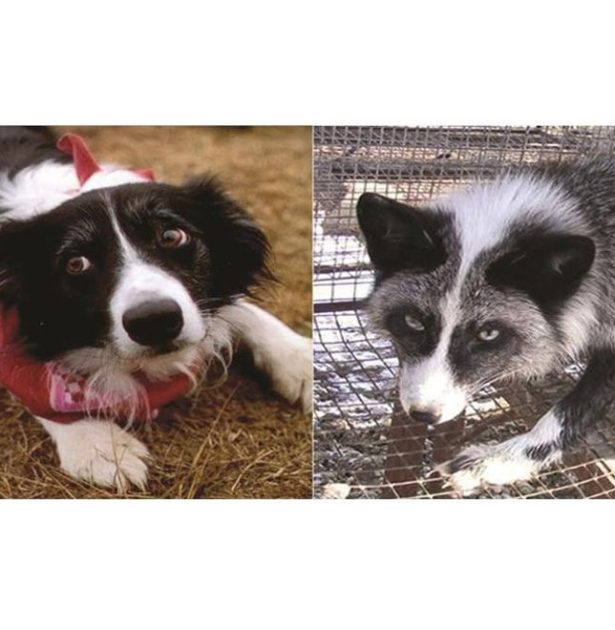Book of Abstracts of the Belyaev Conference – pdf
Public lectures: http://sites.icgbio.ru/lectures/
Foto: https://photo.icgbio.ru/blog/2017-07-07-conference/
Elibrary (НЭБ): https://elibrary.ru/item.asp?id=30045695
Key features of Belyaev Conference:
- Over 230 delegates;
- 10 plenary lectures by internationally renowned speakers;
- 2 evening public lecture;
- Over 10 symposia and special events;
- 70 oral presentations;
- ~150 posters;
- Exciting program of public engagement events.
For more detailed information, please see:
- SCIENTIFIC PPOGRAM – list of oral presentations;
- List of poster presentation (session one);
- List of poster presentation (session two).
July 17, 2017 is the date that marks the 100th anniversary of the birth of Full Member of the USSR Academy of Sciences Dmitri K. Belyaev (1917–1985), an outstanding scientist, evolutionist and geneticist.
In view of this memorable date, the Institute of Cytology and Genetics of the Siberian Branch of the Russian Academy of Sciences and the co-organizers will be holding Belyaev Conference, an international event in Novosibirsk (Russia), on August 7 – 10, 2017.
The scientific program will include plenary and symposium papers in the following fields:
- Animal genetics. Genetic basis of domestication. Behavioral genetics.
- Molecular genetics and Cell biology.
- Bioinformatics.
- Medical genetics. Human genetics. Biomedicine.
- Plant genetics. Genetic basis of plant domestication.
- Biotechnology and agriculture.
Within the program two satellite symposiums will take place:
- Symposium «Molecular genetic mechanisms of glaucoma pathogenesis». About …
- Symposium with international participation «Biomedicine in neuroscience: symptom, diagnosis, and treatment». About …
Belyaev authored an all-new chapter in the theory of morphogenetic processes that explores interactions between two main factors in evolution: variability and selection. In an attempt to find the answers, he launched a large-scale, still ongoing experiment aimed at reproducing the earliest stage of the animal domestication process, with the silver fox as the test subject. The key was selection for human-friendly responses in the fox. As a result, a unique, world-famous tame fox population was created (Dmitry Belyaev and Fox Experiments) Belyaev demonstrated that selection for behavior disrupts physiological and morphological systems, leading to changes similar to those that had occurred in the ancestors of dogs and other now tamed animals. The results of the experiment led him to the conclusion that a very special form of directional selection, destabilizing selection, operates in these settings. It destabilizes regulatory systems underlying ontogenesis and, as a consequence, sharply increases the rates at which new forms emerge.
Developing his theory of destabilizing selection, Belyaev still kept in mind such pivotal topics in biology as anthropogenesis and the biosocial nature of man. He pointed out that there was a striking amount of similarity between the processes of domestication and anthropogenesis. The key to man, he opined, was a transition to new forms of social organization, and the focus of natural selection was primarily on the properties of the nervous system allowing man to adapt to new social settings.
Belyaev was very attentive to the need of genetic education for the young: in 1962, he founded and led the Chair of General Biology of the Department of Natural Sciences of the Novosibirsk State University; in 1967, the Chair of Cytology and Genetics.
Belyaev was concerned about the gene pools of endangered species and breeds of farmed and wild animals. By his suggestion, the Altai Experimental Farm of the Siberian Branch of the USSR Academy of Sciences was founded in 1978, with the wisent, Altai maral, Ukrainian Grey cattle and Yakutian horse to be replenished.
Belyaev was at the coalface of the most important events in national science: the revival of genetics; the foundation and rise of the Siberian Branch of the USSR Academy of Sciences, with the Institute of Cytology and Genetics as a part of it; the establishment of ties with the world’s genetic community and a rehabilitation of national classic genetics. Belyaev was a fervent supporter of new branches in biology, such as cytology, cytogenetics, bioinformatics, genetic engineering, immunogenetics, medical genetics, physiological genetics of animals, plant genetics and breeding. Belyaev invested himself generously into the foundation of the Vavilov All-Union Society of Geneticists and Breeders. He was elected General Secretary of the XIV International Congress of Genetics (July, 1978, Moscow) and President of the International Genetics Federation for 1978–1983.
The following special events will be staged during the Conference:
- Ceremonial meeting of the Scientific Council of the Institute of Cytology and Genetics devoted to the 100thanniversary of Belyaev’s birth
- Opening of a sculptural composition
- Presentation of a new film and a new book about Belyaev
Working languages: Russian and English
For abstract preparation and submission instructions, see https://conf.icgbio.ru/belyaev100/abstract/
Contact information:
Conference Scientific Secretary: Yury HERBECK,
belyaev100@icg.sbras.ru, +7-383-363-4963, Ex 1208.

